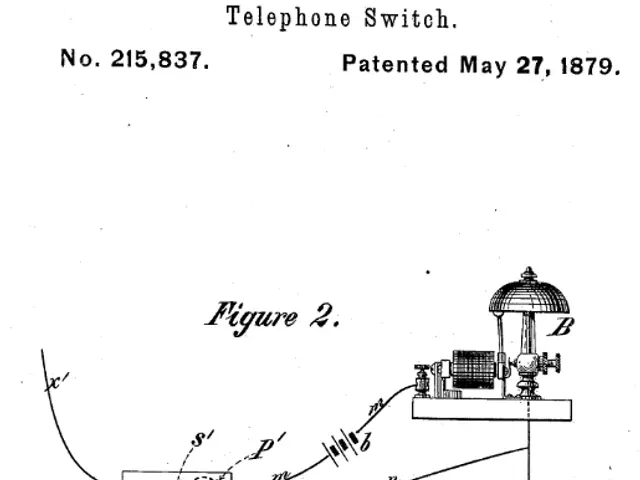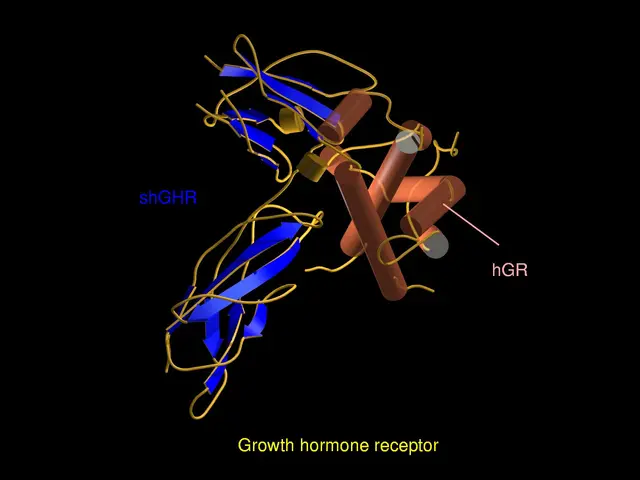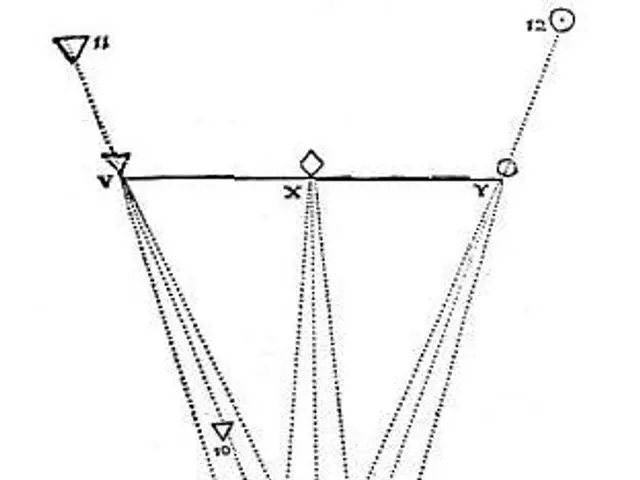The hidden human cost behind AI’s rapid advancement and automation
The rise of artificial intelligence has brought about significant changes, but a darker side remains hidden. Known as 'ghost work', this unethical practice involves underpaid workers worldwide performing repetitive tasks to fuel AI systems. Despite the release of powerful models like OpenAI's ChatGPT, the exploitation of human labour in AI development is often overlooked.
Last November, OpenAI launched ChatGPT, a chatbot powered by a large language model. The release sparked intense discussions about the capabilities and impacts of such models on our lives. However, the human labour behind these systems is rarely discussed. OpenAI partnered with Sama, a San Francisco-based company, to recruit data labellers in Kenya. These workers are paid between $1.32 and $2 an hour to sift through extreme content, a task that is both repetitive and potentially harmful.
This is not an isolated incident. Similar AI solutions in other countries, like Denmark and Australia, have faced criticism and been paused due to biased algorithms producing discriminatory results. Avery Reyna warns that the constant pursuit of technological advancements will turn these algorithmic harms into real-life consequences felt globally. In the US, the use of facial recognition technology by law enforcement has been banned in cities like San Francisco and Boston due to its biased misidentification disproportionately affecting communities of colour. Meanwhile, tech evangelists and CEOs maintain the illusion that AI-powered systems are self-sustaining, without acknowledging the need for human intervention.
The use of generative artificial intelligence and large language models is increasingly shaping our everyday lives. However, it is crucial to acknowledge and address the exploitative human labour behind these systems. Millions of underpaid workers worldwide are performing punishingly repetitive tasks to label dangerous content, fueling AI development. As AI continues to advance, so must our understanding and ethical treatment of the human labour that supports it.








